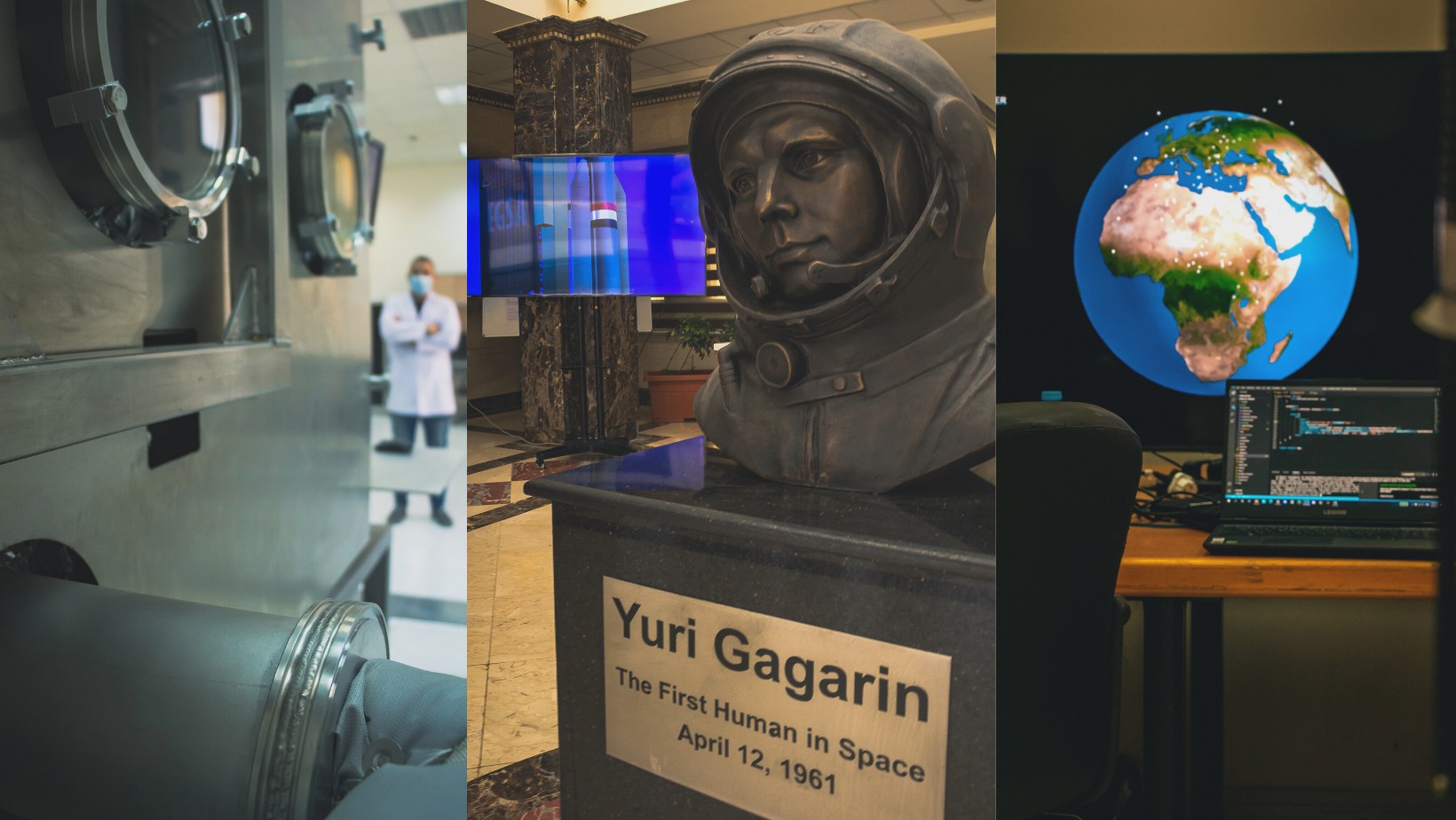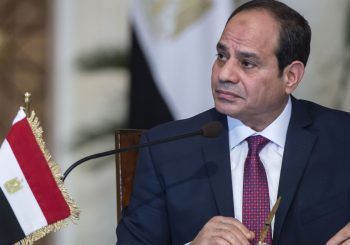Sherif Sedky, CEO of Egypt’s Space Agency (EgSA), met with Prime Minister Mostafa Madbouly on Sunday August 18 to review developments and future goals of the agency.
Following the successful launch of the NEx-SAT 1 micro-satellite, which has collected over 1,400 images, the EgSA hopes to sell satellite imagery online and to other companies. The EgSA will achieve this by starting a marketing firm as well as collaborating with local and international corporations to market satellite images.
Alongside these efforts, the EgSA hopes to increase sales of its educational satellite models from EGP 5.8 million to EGP 15 million (approximately USD 120,000 to USD 300,000), and continue producing satellites and training programs.
Established in January 2018, the EgSA is a major component in Egypt’s National Sustainable Development Strategy 2030 objectives. The previous Minister of Higher Education and Scientific Research, Khaled Abdel-Ghaffar, claimed its projects could comprise up to 10 percent of Egypt’s national income. As a public company, it is funded by the state, its own profits and loans.
The EgSA resides in “Space City”, a 5,000 square metre development between the 5th Settlement and the New Administrative Capital intended to serve as a central hub for space technology in the Middle East and Africa. Space city, still under construction, houses a research centre, a satellite assembly centre, and the African Space Agency following Egypt’s selection to host the Agency in February 2019. Moreover, Egypt became the Head of the Arab Group for Space and Cooperation in November 2023.
The Egyptian Space Agency’s Broader Goals
The EgSA works to enhance human capital, sustainability and development efforts, and technological localisation, thereby installing Egypt’s position as an international player in space technology.
To boost engineers’ employability, the EgSA offers three online certifications. These certifications can cost anywhere from USD 315 to USD 655 for single persons, with discounts up to 40 percent for universities and larger groups of students. There are also scholarships available for undergraduate and postgraduate students.
Satellite images contribute to urban and environmental planning. The EgyptSat-2, launched in December 2023, provides updates on national development projects, monitors the Suez Canal and identifies promising agricultural locations. It also tracks desertification and land degradation.
Satellite technology is often developed in collaboration with other nations and foreign companies. The NEx-SAT 1 was developed with Berlin Space Technologies. The CLIMCLAM project, focused on producing a remote sensing camera, employs engineers from Kenya and Uganda.
The EgSA also works to increase the localisation of satellite technology, thereby tackling Egypt’s import dependence and currency devaluation problem. Sedky states that the EgSA can construct 35 percent of Egypt’s micro-satellite systems, as well as 60 percent of Egypt’s nano-satellite systems.
The EgSA’s upcoming satellite projects in 2024 include the AfdevSat and the SPNEX. Both will work to monitor environmental changes.







Comments (0)